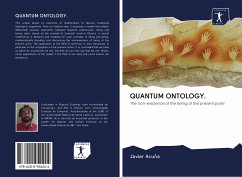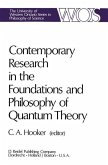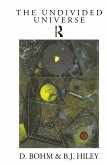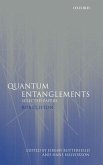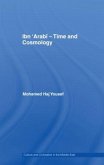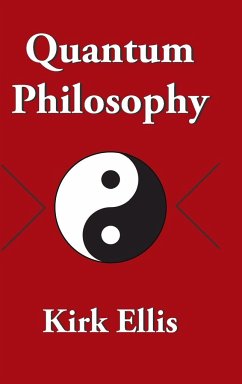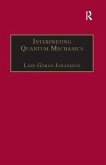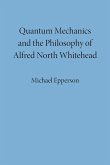This article draws on elements of mathematics to discuss traditional ontological arguments. From an intuitive idea, it proposes a model that relates differential calculus operations between linguistic expressions: being and being. Later, based on the concept of "present" used in Physics, a causal relationship is deduced and modeled for such concepts of being and being, mathematically founding and discussing the non-existence of being at the present point. The application to the field of grammar is also discussed, in particular to the conjugation of the present tense. It is concluded that we have no basis for saying that we are, but that we can only say that we are. Finally, some applications of the model in the field of our daily and social events are worked on.
Hinweis: Dieser Artikel kann nur an eine deutsche Lieferadresse ausgeliefert werden.
Hinweis: Dieser Artikel kann nur an eine deutsche Lieferadresse ausgeliefert werden.

